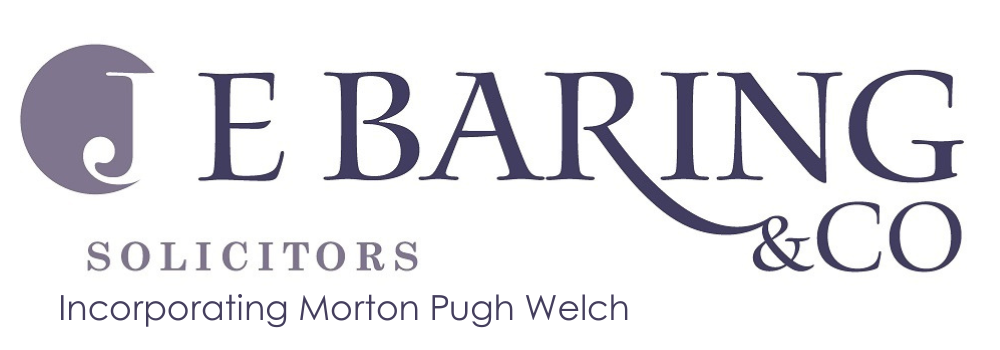The Pros and Cons of an Individual Voluntary Arrangement (IVA): A UK Solicitor’s Perspective
An Individual Voluntary Arrangement (IVA) can be a lifeline for individuals facing serious debt issues in the UK, offering a structured alternative to bankruptcy. As solicitors, we often advise clients on the legal implications and practical considerations surrounding an IVA, ensuring they understand both the benefits and potential drawbacks before making a decision. Below, we outline the pros and cons of an IVA from a legal standpoint.
What is an IVA?
An IVA is a legally binding agreement between an individual and their creditors, overseen by an insolvency practitioner. It allows the individual to repay a portion of their debts over a fixed period, typically five years, after which the remaining unsecured debts may be written off. The goal is to provide a manageable repayment structure while avoiding the more severe consequences of bankruptcy.
The Pros of an IVA
- Debt Repayment Flexibility One of the key advantages of an IVA is that it allows individuals to pay off a percentage of their debt based on what they can realistically afford. It creates a single, affordable monthly payment, consolidating multiple debts into one arrangement.
- Legal Protection from Creditors Once an IVA is approved, creditors are legally bound by its terms. They cannot pursue further legal action, such as enforcing County Court Judgments (CCJs) or sending bailiffs. This offers peace of mind to individuals who may be under significant pressure from creditors.
- Avoiding Bankruptcy For many, an IVA is a favourable alternative to bankruptcy. It allows individuals to retain certain assets, such as their home or vehicle, which may otherwise be at risk if bankruptcy is declared. It also helps avoid the social stigma and professional consequences that can accompany bankruptcy.
- Debt Written Off At the end of the agreed term, typically five years, any remaining unsecured debt included in the IVA is written off. This provides a clear end to the individual’s debt issues, offering the chance for a fresh financial start.
- Fixed Timeframe An IVA runs for a fixed term, offering individuals a structured plan to resolve their financial difficulties. This predictability can help with long-term financial planning.
The Cons of an IVA
- Impact on Credit Rating Like bankruptcy, an IVA significantly affects an individual’s credit rating. It will remain on their credit file for six years from the date of approval, making it difficult to obtain credit during this period and potentially beyond. Lenders may be hesitant to offer loans, credit cards, or mortgages to someone with an IVA on their record.
- Strict Financial Commitment An IVA requires a strict commitment to monthly payments, and any missed payments could lead to the IVA failing. If the arrangement fails, creditors can seek other forms of recovery, such as bankruptcy, so the stakes are high.
- Fees Involved An IVA is managed by an insolvency practitioner, who charges fees for their services. These fees are typically deducted from the monthly repayments, meaning that creditors may receive less overall, and the individual may find themselves paying more than they would under other debt solutions.
- Not Suitable for All Debts Not all debts can be included in an IVA. Secured debts, such as mortgages and car loans, cannot form part of the agreement. This means that while an IVA can help with unsecured debts like credit cards or personal loans, individuals will still need to manage their secured debt payments separately.
- Long-Term Financial Constraints While an IVA provides a solution to overwhelming debt, it can also limit an individual’s financial freedom for the duration of the agreement. The insolvency practitioner may review income and expenses regularly, ensuring any disposable income goes towards repayments. This can feel restrictive, especially if unexpected expenses arise.
- Potential Asset Review Although an IVA helps protect assets such as a home, in some cases, individuals may still be required to release equity from their property to contribute towards debt repayments. This can be an issue for homeowners who may not wish to remortgage or reduce the value of their property.
Is an IVA Right for You?
As with any debt solution, the decision to enter into an IVA should not be taken lightly. While it offers a way to regain control of your finances and avoid the more severe consequences of bankruptcy, it also comes with significant commitments and potential long-term effects. It’s crucial to seek professional legal advice tailored to your specific circumstances.
We provide guidance on IVAs and other debt solutions, helping clients weigh up their options and make informed decisions. Whether you’re considering an IVA or exploring other alternatives, consulting with a legal professional can provide clarity and ensure that the path you choose is the best one for your future.
An IVA can be a practical solution for many, but it’s essential to understand both its benefits and limitations. If you’re struggling with debt, seeking advice early can make all the difference in finding a manageable way forward. Feel free to reach out to our team if you would like further information or personalised advice on IVAs and debt management.
